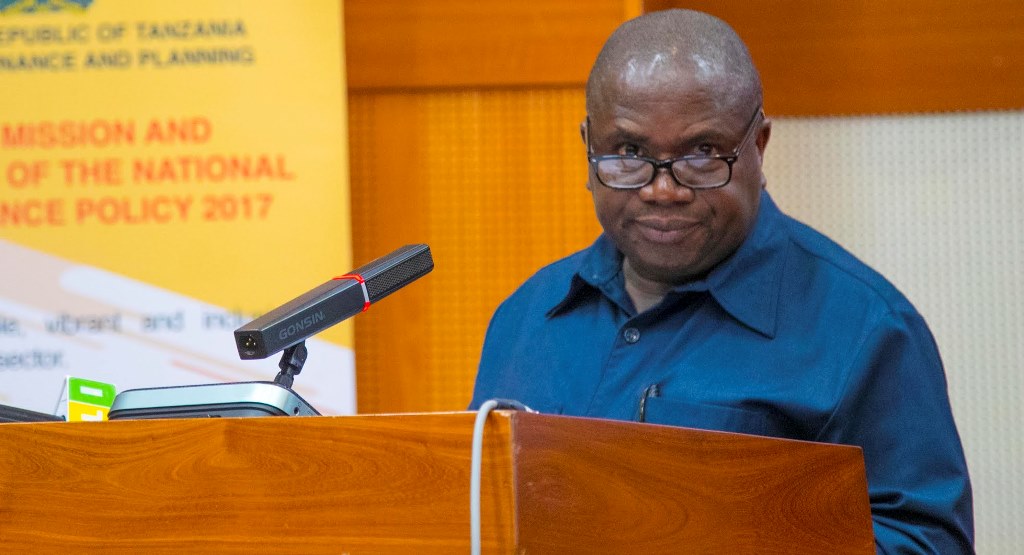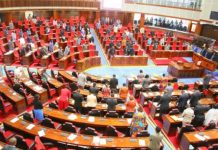AfricaPress-Tanzania: THE Ministry of Finance and Planning is currently addressing challenges facing the microfinance sector to enable it offer quality and reliable services to the public.
Speaking during the launch of the first training session for regional, district and township council microfinance service coordinators, Deputy Permanent Secretary in the ministry, Mr Adolf Ndunguru, said the government’s objective is to boost the sector to enable it stimulate economic growth in the country.
He said the purpose of microfinance institutions is to finance the livelihood, health care, small business, agriculture and many other sectors. However, he said the sector still faces some challenges that need to be resolved.
“We have witnessed a number of terms and conditions, which are difficult to be met by ordinary people who seek loans. High interest rates and unfriendly conditions are among the difficulties that affect loan seekers,” he noted.
He added that some of the institutions lack transparency in their terms of credit agreements and thus end up exploiting poor people.
Mr Ndunguru said that it has come to the ministry’s attention that some microfinance institutions do not provide dividends to shareholders as required.
Finance and Planning Minister Dr Phillip Mpango launched a plan last year targeting to raise awareness on the microfinance services policy, rules and regulations.
Mr Ndunguru said that the ministry has been working with the President’s Office (Regional Administration and Local Government), Financial Sector Deepening Trust (FSDT), Central Bank of Tanzania, Tanzania Cooperative Development Commission and the press to reach a wider audience and address some challenges in the sector.
Commissioner of Financial Sector Development in the Ministry Mr Charles Mwamwaja said that the training regarding microfinance will be conducted to at least 212 focal persons countrywide.
The strategy will also help operators reach a wider number population, he said.
“This training is to help the coordinators familiarise with the legal and policy instruments,” he said, explaining that it will open up their understanding of the financial subsector and help unearth opportunities for Tanzanians to benefit from existing microfinance services.
A 2017 survey by Finscope revealed that 55.3 per cent of the country’s workforce access financial services through microfinance institutions available across the country.







